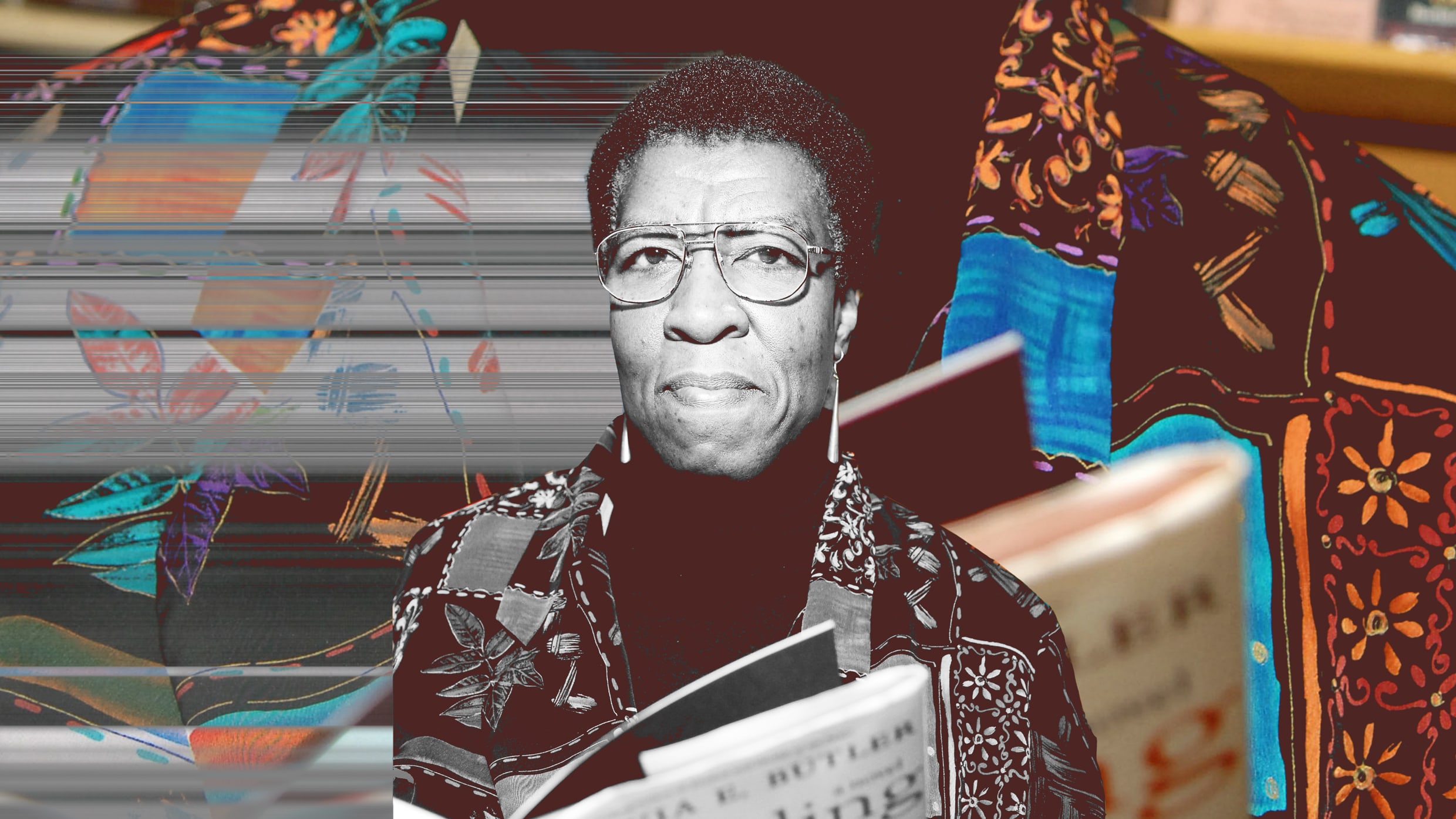Earlier this month, a U.S. federal court of appeals panel ruled that an Atlanta-based venture capital firm should be temporarily blocked from issuing grants for Black women business owners, claiming that the program is “racially discriminatory”—according to lawyer Edward Blum who worked for years to overturn affirmative action last summer. The case has been a central legal battle over civil rights and racial justice and has threatened to limit the possibilities of a world just within our reach.
It seems like a lifetime ago when companies, philanthropy, and institutions were crowding the airwaves to issue statements and commit billions of dollars to racial justice initiatives. But only four years later, as the predicted attacks against progress toward racial justice continue, many are wondering—including me—if corporate, philanthropic, and institutional leaders no longer see the value of investing in its future.
Across the country, Black women are tired, yet unsurprised and motivated to do as we have always done despite the attacks and silence across the field: to continue anchoring in our worth, our values, and our boundaries.
But these fierce attacks on our humanity require us to look even deeper.
Time and time again, when system and power dynamics threaten to derail our dreams, I look to Octavia E. Butler. The esteemed science fiction writer and mother of Afro-Futurism, a literary genre that explores the African-American experience through a blend of science-fiction, history, and fantasy, always inspires me to keep moving forward. Not because she envisioned a better and more equitable future—she most definitely didn’t—but because her twelve novels and stories taught us how to lead inside change.
Octavia E. Butler boldly created a language of possibility and hope within the bleak landscapes of dystopian tomorrows sprung from our darkest fears. Her books and the Black women featured in them who were fighting for the survival of each other and everyone, have had a lasting impact on activists and visionaries everywhere. “You got to make your own worlds,” she insisted. “You got to write yourself in.”
That prompt has become my life’s work. This month, which also happens to be Octavia E. Butler’s birth month, marks the third anniversary of my organization The Highland Project, a nonprofit investing in the sustainability and multi-generational visions of Black women leaders designing solutions for structural change. At a time when there is so much at stake, where we either build upon progress or lose our fundamental freedoms, sustaining Black women leaders and their work couldn’t be more important—and yet, I cannot ignore what is happening all around me.
In the news headlines, we know about the continuous legal efforts that have ensued to attack capital and resources aimed at Black women-owned businesses—despite Black women receiving less than 1% of the $288 billion of venture capital alone—and to dismantle workplace diversity programs at massive corporations like Amazon, Pfizer, and Starbucks.
But what has been most telling has been the heart-centered conversations that I have had every day with Black women leaders who are experiencing these accelerated setbacks first-hand on top of the impacts of systemic inequity that already existed—Black maternal mortality, weathering, languishing, glass cliffs, glass ceilings, tokenism, and so on.
These setbacks are designed to deter us from doing the important work needed to build a new world where everyone can thrive. And we’d be remiss to mention that it’s happening against the backdrop of polarized politics, increasing catastrophic weather events, and multiple wars around the world. The recent statistic that Black women are aging 7.5x faster than their peers due to burnout and stress should not be a surprise to anyone.
The world we are seeing today is a world that Octavia E. Butler envisioned with eerie precision: a world of increasing drug addiction and illiteracy, global shifts towards authoritarian populism, vast gaps between the rich and everyone else, and destruction brought on by global warming. Her prophecies, however, were not exercises in gloom. They provided a blueprint for how to fight back. “Making predictions is one way to give warning when we see ourselves drifting in dangerous directions,” she said, “Because prediction is a useful way of pointing out safer, wiser courses.” Butler’s advice here is clear: Our vision for the future is the antidote we need.
When so much is at stake, and feelings of hopelessness and powerlessness permeate the air, it can be easy to see progress reversed and say “It was only a matter of time.” But for me, Butler’s birthday calls on all of us to ask ourselves and each other: what will it take for us, in this moment, to imagine and sustain positive change?
The answer: investing in what works—the imaginations of Black women.
Just as Butler imagined and wrote, Black women long pursued futures hundreds of steps away, seeing everyone’s humanity—including their own. Her radical re-imagination of life created new worlds through the lens of a Black woman, centering their wisdom and lived experience to meet the urgent need for change in a world plagued by injustices. The power and strength of her protagonists—who saw what was invisible, and pushed past fear and grief—remain a reminder that Black women are, and have been, powerful beyond measure.
We see these real-life protagonists today and the ripple effect of their visionary mindsets on communities at large. Black women leaders like Dr. Kizzmekia Corbett suspected what may lay ahead even before the country faced a full-on lockdown. Her courage and vision led directly to the development of the Moderna COVID-19 vaccine, saving millions of lives that may otherwise have been lost.
In Butler’s novels, she points to the importance of deep investments in solutions like Corbett’s research by showing us how short-term solutions only distract us from making any sustainable impact. We are seeing this today as centuries-old problems are continuously met with boot-strapped, band-aid solutions that fail faster than they can succeed. We need deeper, multi-generational investments to explore and build solutions that meet not only the challenges of our time but can flourish for generations.
The commitment to investing in innovative and sustainable solutions is the courage we need now—not from Black women, but from communities that pledged support to racial justice in 2020 and beyond. The survival of the individual is tied to the commitment and care of the community—and in a post-pandemic world, we know this couldn’t be more true.
In a time when there is so much polarization across the country, and political arguments are continuously fired around the best right way to move forward, Butler reminds us of all that can be possible when we move away from individual ideation to collaborative ideation. It was never about having the best idea, but having an abundance of ideas that come from, and work for, more people, across generations, lines of differences and lived experiences. Our systems are only as strong as our connections with each other. If we invest in equity gaps, then all boats rise—but only if everyone carries their weight.
As we remember Butler on her 78th birthday, her fierce imagination is more relevant than ever, particularly in this time of the Great Turning when so many are looking for hope, and a way forward. The perspectives and ingenuity of Black women have always been a powerful offering—but it’s past time we expand how we stand by them in moments of change and friction. Our imagination is the palpable shift we need right now—we must invest in it, sustain it and grow it. The future we’ve been waiting for is now, and it depends on us investing in Black women.
Recognize your brand’s excellence by applying to this year’s Brands That Matter Awards before the extended deadline, June 14.
Sign up for Brands That Matter notifications here.







